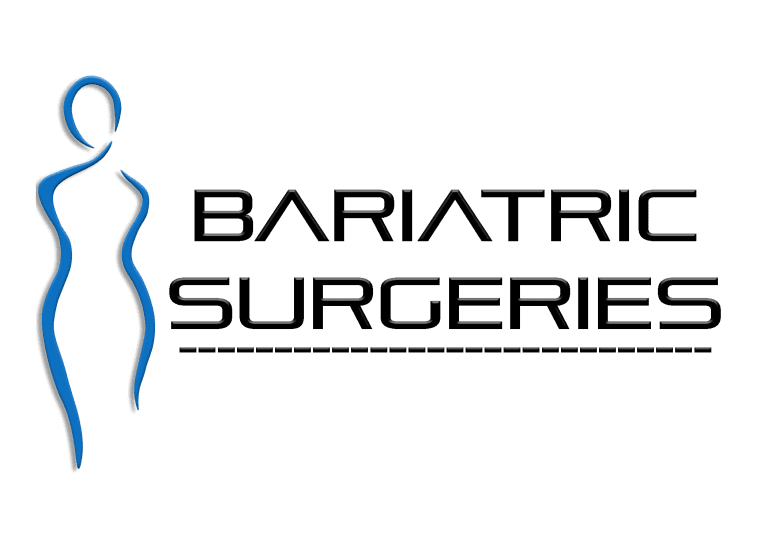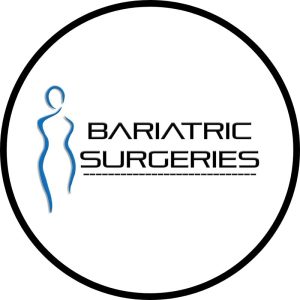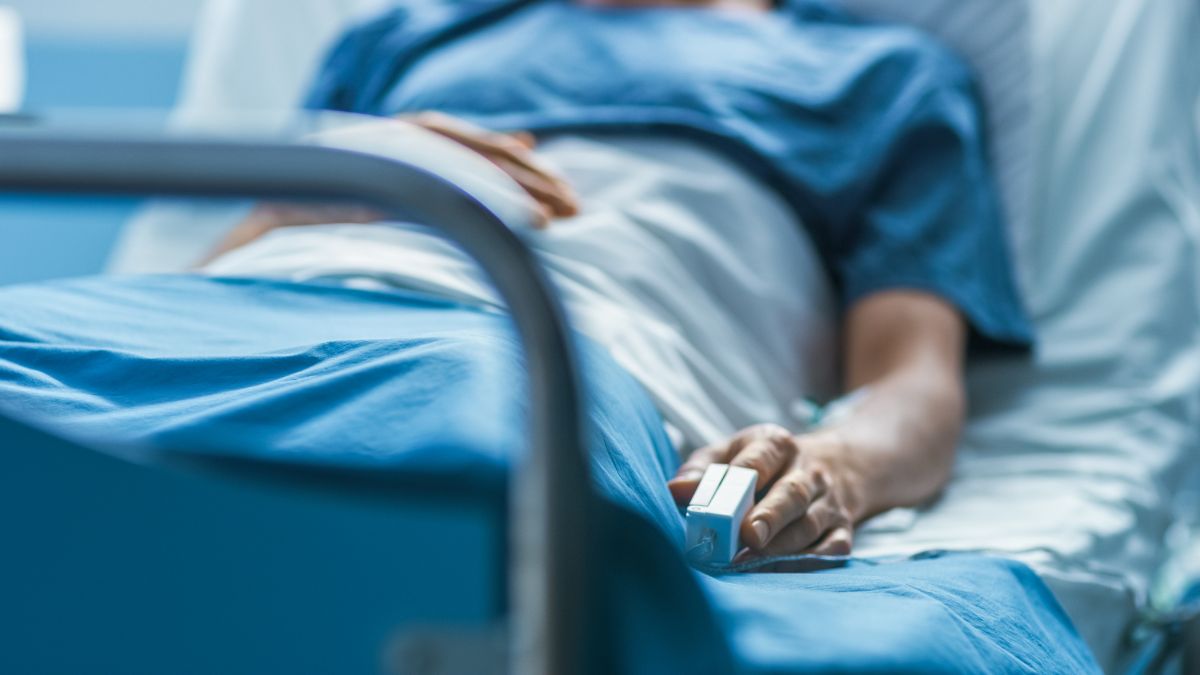Anemia is a condition that develops when there is not enough iron in the blood. Many factors, including gastric bypass surgery, can cause this. This is because the surgery can cause a decrease in the amount of iron your body absorbs. A proper diet consisting of clear liquids, soft and pureed foods, full liquids, and solids is essential for reducing the risk of anemia.
Read more: What To Eat Gastric Bypass Surgery: Diet.
You should consult your doctor if you suffer from anemia after gastric bypass surgery. They will advise on how best to manage your condition and prevent further deficiencies. Read on to understand the causes, symptoms, and treatment of anemia after gastric bypass surgery.
What Is Anemia and How Is It Caused?
Anemia is a medical condition with insufficient hemoglobin, or red blood cells, within the body. This can be caused by factors such as iron deficiency, vitamin B12 and folate deficiencies, gastrointestinal bleeding, kidney disease, or cancer. In some cases, anemia may also be caused by gastric bypass surgery.
Gastric bypass surgery is a form of weight loss surgery. It involves reducing the stomach size by separating part of it so that much less food can be consumed at once. This causes malabsorption, meaning fewer nutrients are absorbed from food in the stomach and small intestine. As a result, iron deficiency can develop, leading to anemia.
Symptoms of Anemia
After gastric bypass surgery, patients may experience symptoms due to iron deficiency anemia. These include:
a) Fatigue
b) Shortness of breath
c) Heart palpitations
d) Headache or dizziness
e) Cold hands and feet
f) Pale skin
g) Brittle nails
h) Difficulty concentrating
i) Unusual cravings for non-food items (pica).
How Is Iron Deficiency After Gastric Bypass Treated?
Iron deficiency after gastric bypass surgery can be treated with oral iron supplementation, including over-the-counter ferrous sulfate. Iron deficiency anemia should be diagnosed and treated by a physician who can monitor your response to treatment and adjust the dosage appropriately.
In addition to oral iron supplements, your physician may recommend dietary changes to increase the amount of iron in your diet. Iron-rich foods include lean red meats, chicken, fish and shellfish, beans, lentils, dark green leafy vegetables, iron-fortified cereals, and bread. Eating foods high in vitamin C can also increase the amount of iron absorbed by your body.
If you have iron deficiency anemia, your physician may recommend additional tests to rule out any underlying conditions or complications associated with gastric bypass surgery, such as intestinal blockage or malabsorption. Treatment for these conditions will depend on the underlying cause and may involve further medical or surgical intervention.
How Can You Prevent Anemia After Gastric Bypass Surgery?
Here are some tips to help prevent anemia after gastric bypass surgery:
1. Take a daily multivitamin supplement that contains iron, such as Bariatric Fusion Multivitamins. Studies have found that these specialized supplements can reduce the risk of anemia after gastric bypass surgery.
2. Increase your intake of iron-rich foods such as lean red meats, poultry, fish, beans, spinach, and other dark green leafy vegetables. These foods ensure enough iron in your diet to prevent anemia.
3. Schedule regular blood tests with your doctor to monitor your iron levels. This will allow them to identify any issues early and take steps to address them.
4. Talk to your doctor about supplementing with iron if necessary. Depending on the severity of your anemia, they may recommend an oral supplement or an intravenous therapy, such as IV Iron Therapy.
Contact ALO Bariatrics for the best gastric bypass in Mexico. We provide comprehensive and experienced care for our patients.









